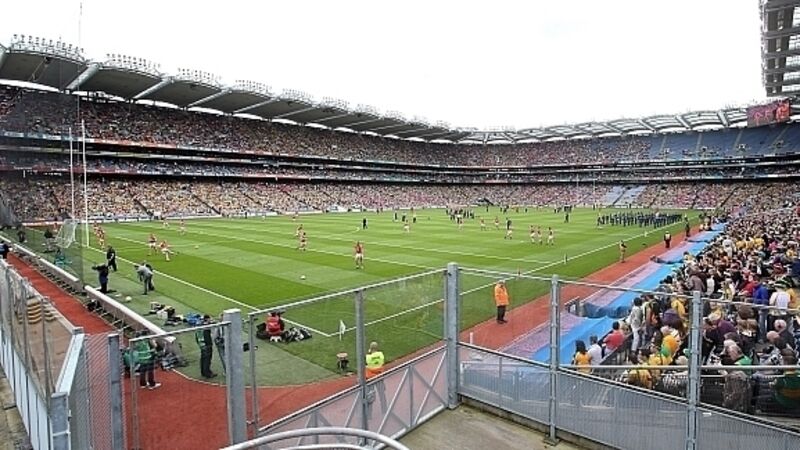GAA’s generosity to rugby likely to remain a gesture

Eight years ago, the earth seemed to cease spinning on its axis when the association’s Annual Congress agreed to unlock the doors of Croke Park to ‘foreign sports’ and yet the decision to extend that welcome across its network of grounds nationwide for a possible Rugby World Cup bid raised hardly a murmur in Derry last week.
True, a little over 7% of delegates found the motion distasteful and said as much by voting nay, but the general perception has been that of one small step for the GAA and one giant leap for the chances of the world’s third largest sporting competition being brought to these very shores.












